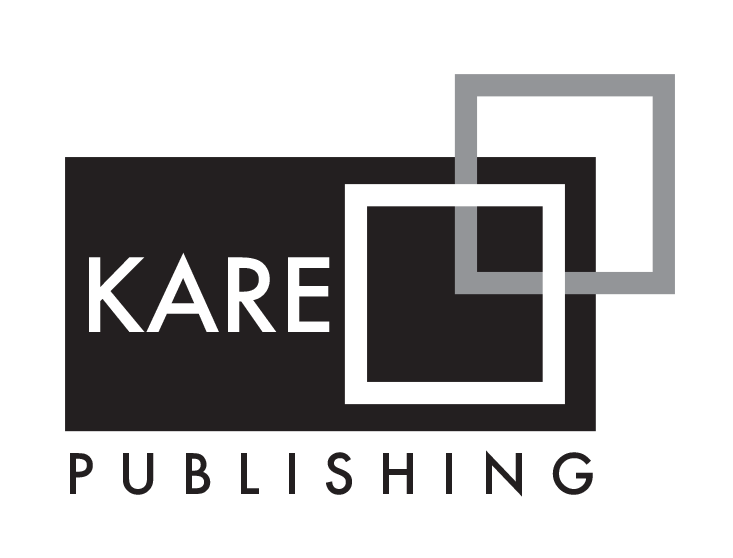2Department of Gastroenterology, Istanbul University Istanbul Faculty of Medicine, Istanbul, Türkiye
Abstract
Objective: The rate of onset at a late age in Inflammatory Bowel Diseases (IBD) has increased over the years. The disease course and treatment outcomes remain uncertain in this group. We aimed to evaluate the disease course, drug toxicity, and prognosis of early and late-onset IBD patients.
Methods: The methodology involves a comprehensive retrospective review of medical charts of 1,060 patients diagnosed with IBD. Thirty-nine patients with late-onset IBD (≥60 years) were included in the study. As the control group, 50 early-onset patients with similar demographic characteristics to the late-onset patient group were included. Disease type, demographic data, treatments, treatment-related adverse effects and toxicities, mortality rates, extraintestinal and hepatobiliary involvement, and complications were compared between the early and late-onset groups.
Results: The mean age of the patients at the time of diagnosis was 49.2±17.5 years, and 53 (59.6%) were male. Among the 39 late-onset patients, 25 (64.1%) had UC; among the 50 early-onset patients, 28 (56.0%) had UC. AZT (azathioprine) toxicity (28% vs. 20.5%) and biological therapy toxicity (16% vs. 5.1%) were similar in both groups (P>0.05). Mortality was higher in late-onset patients (33.3% vs. 2%), as were complication rates in late-onset UC (32% vs. 7.1%) compared to early-onset patients (P<0.05). The malignancy rate was higher in late-onset patients, but this difference was not statistically significant (15.4% vs. 6%, P>0.05).
Conclusion: Late-onset IBD patients are similar to early-onset patients in terms of drug-related adverse effects. However, the mortality and complication rates are higher in late-onset patients, underscoring the importance of close follow-up in this patient group.

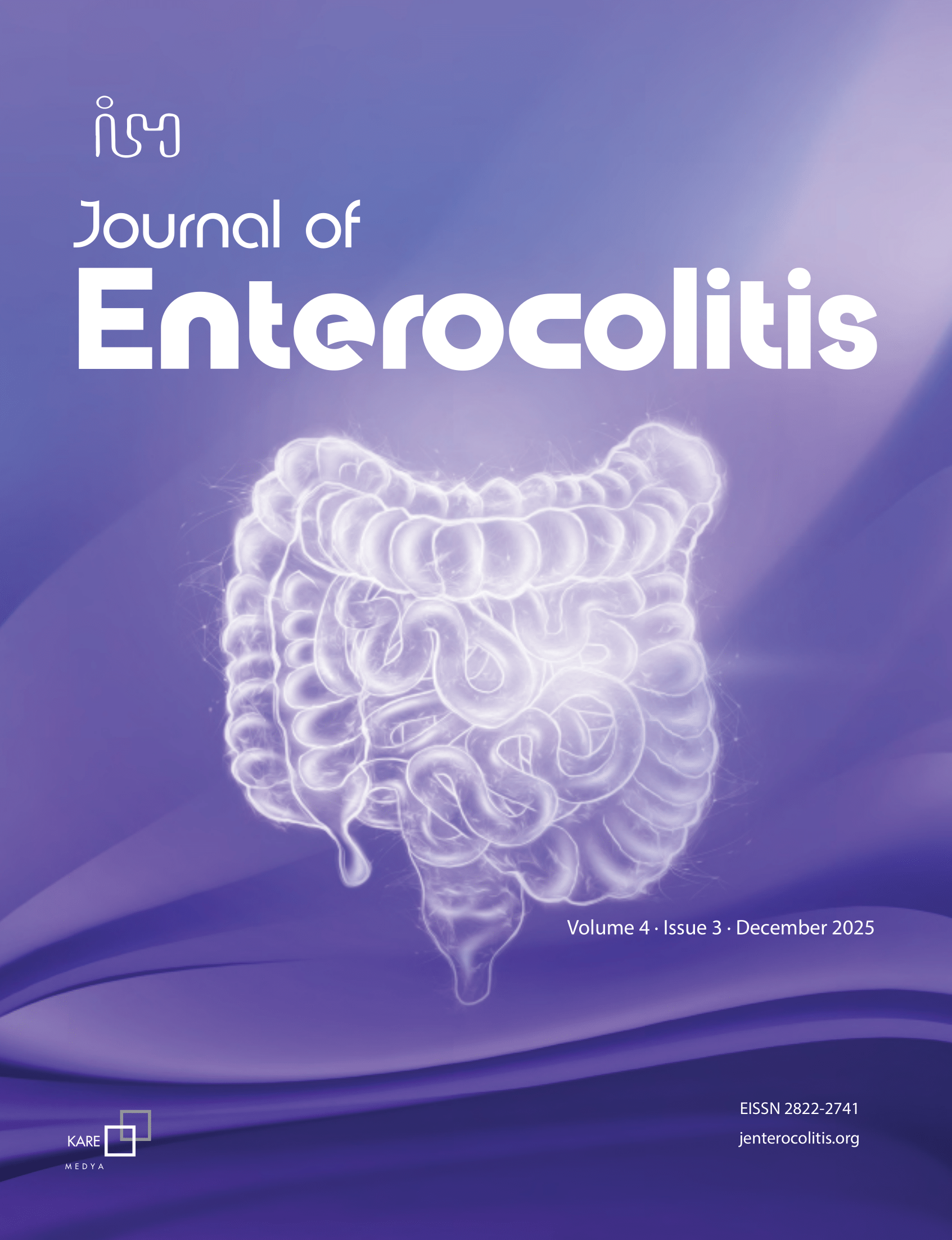
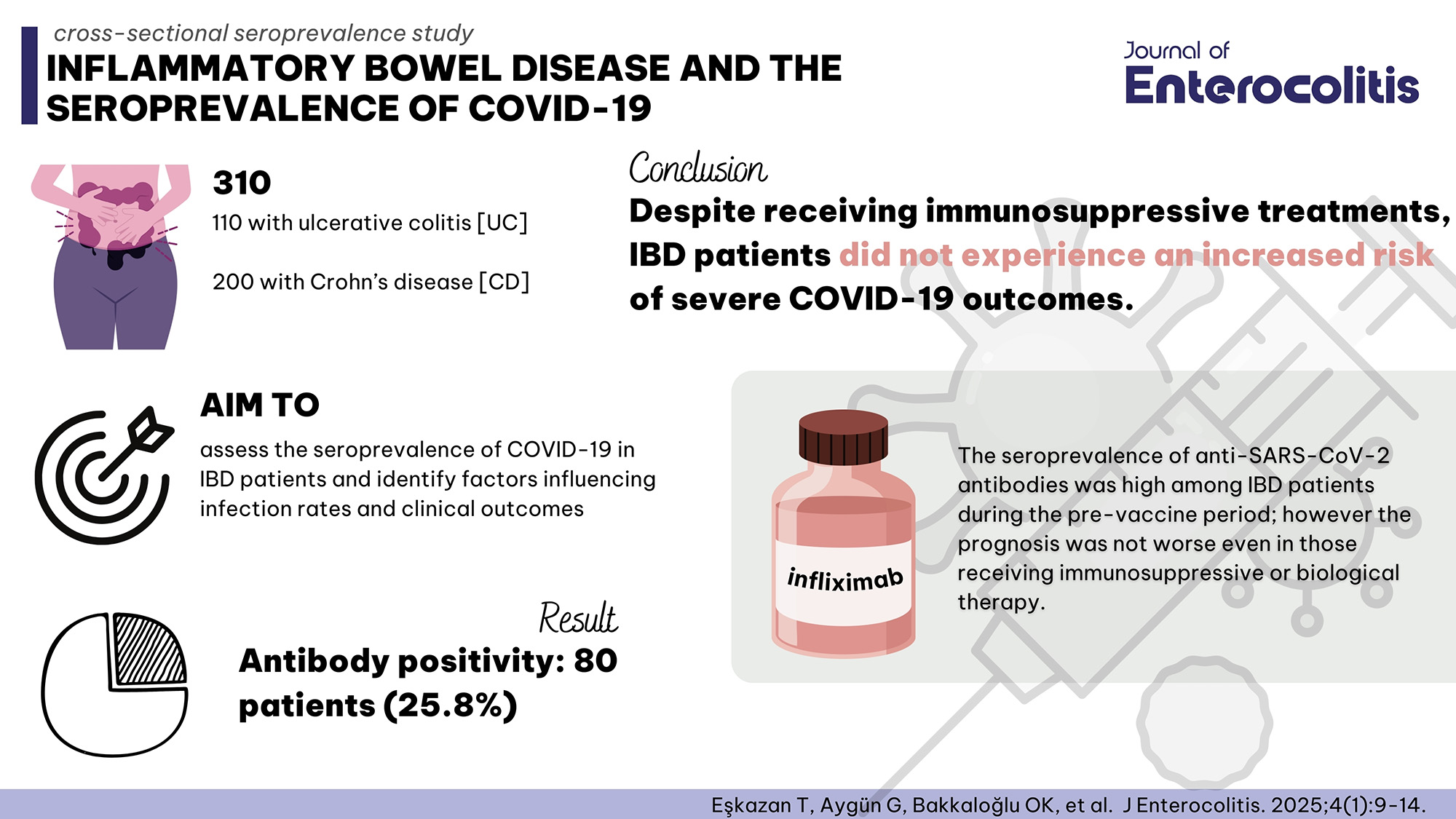
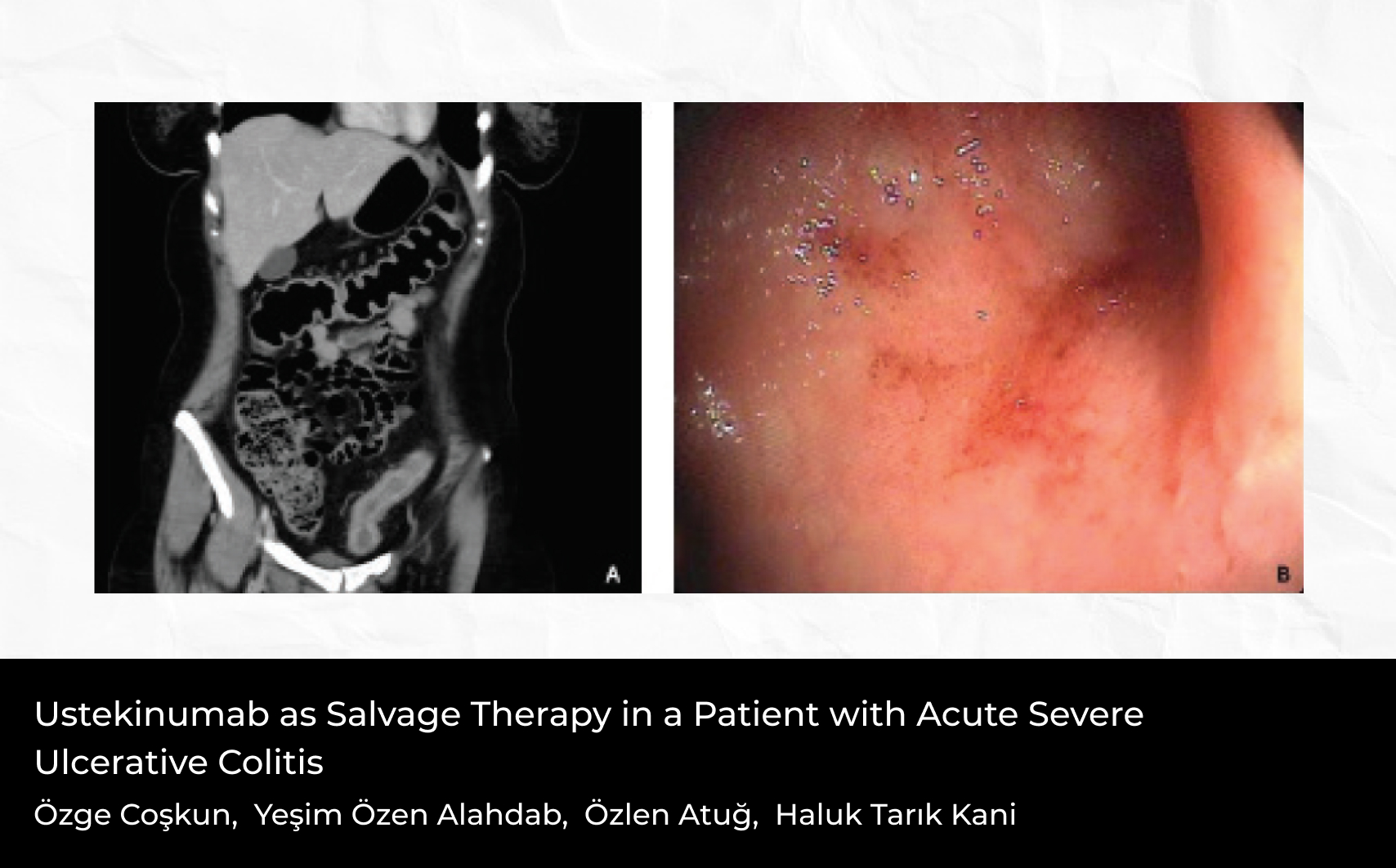
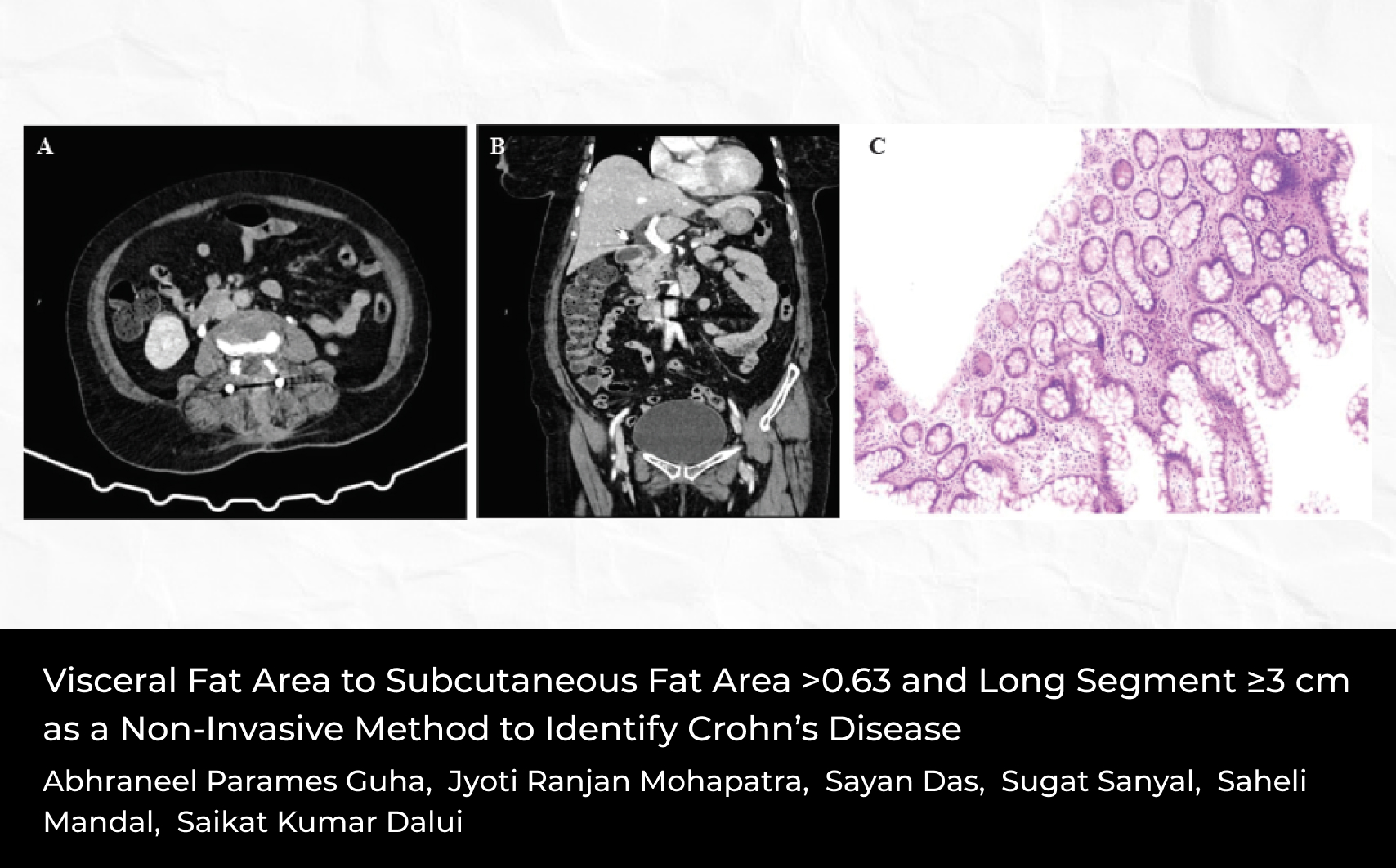
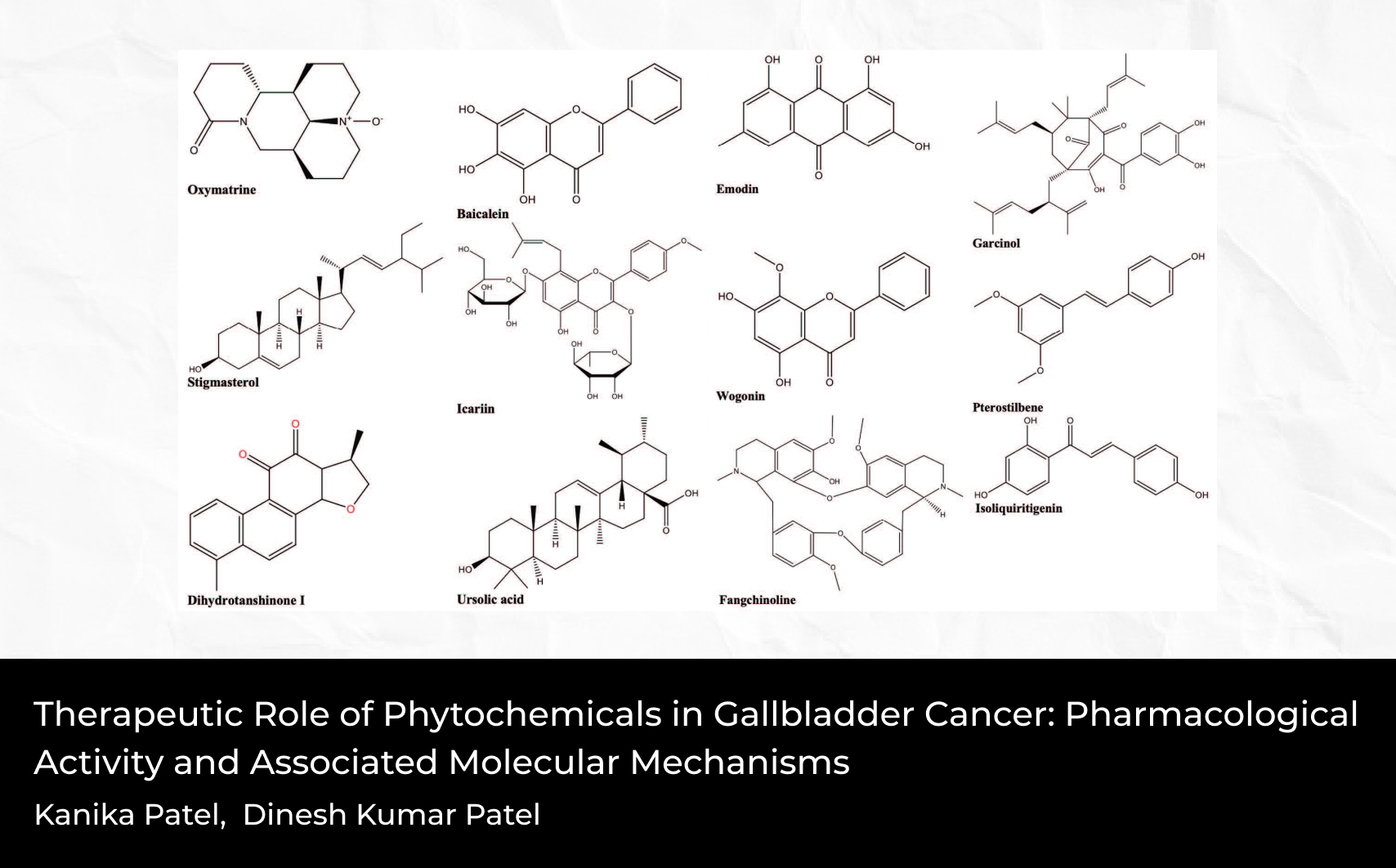
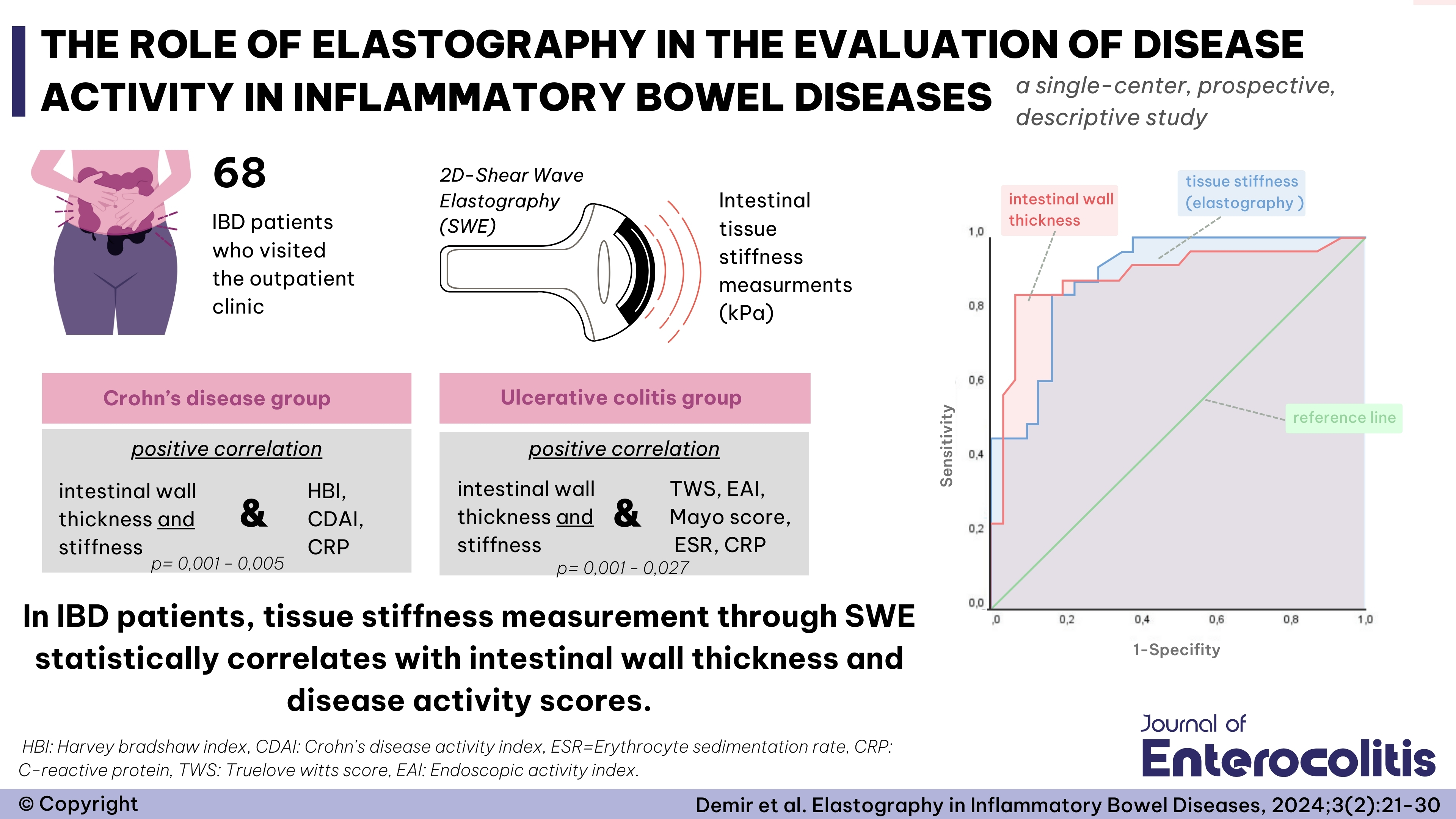
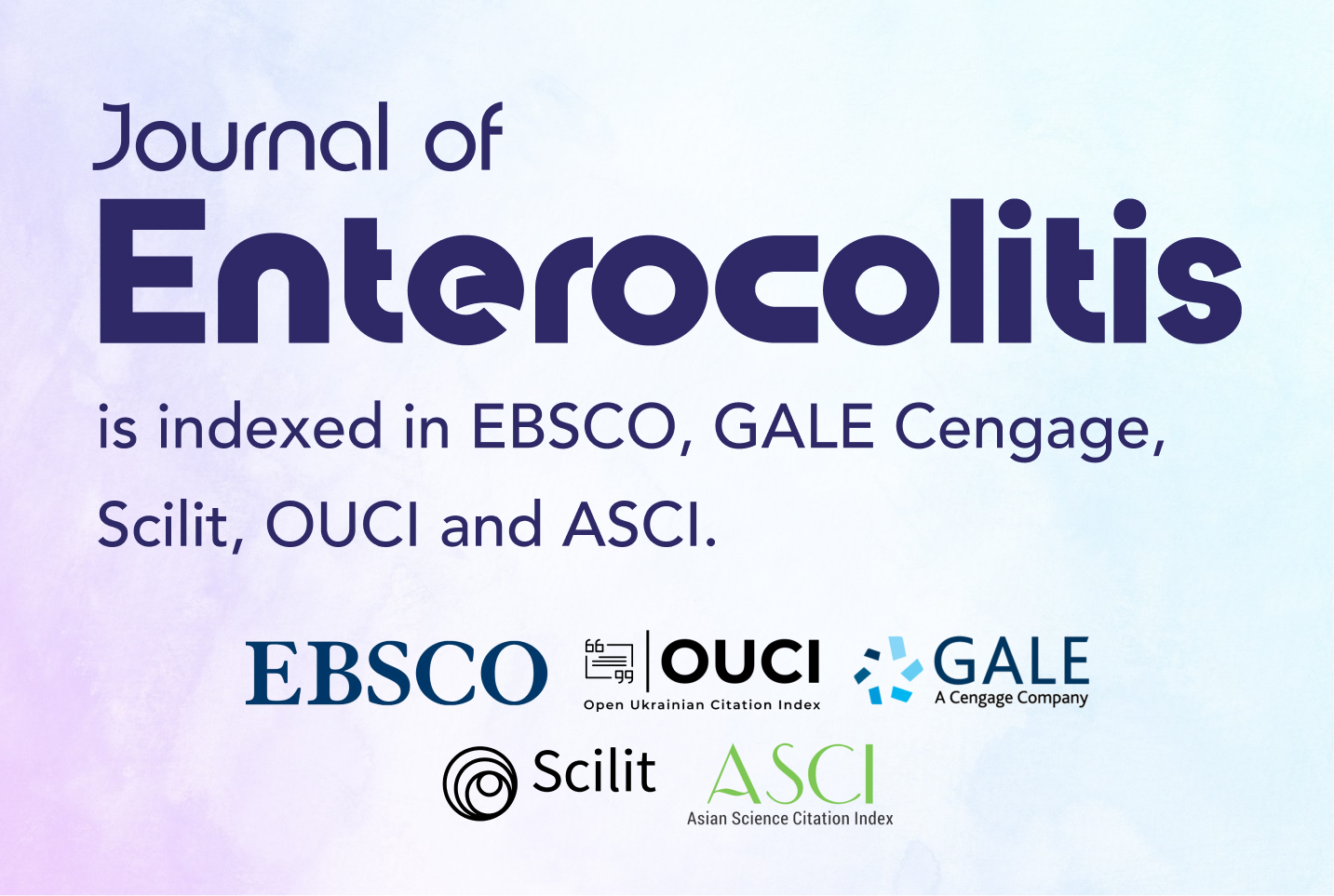
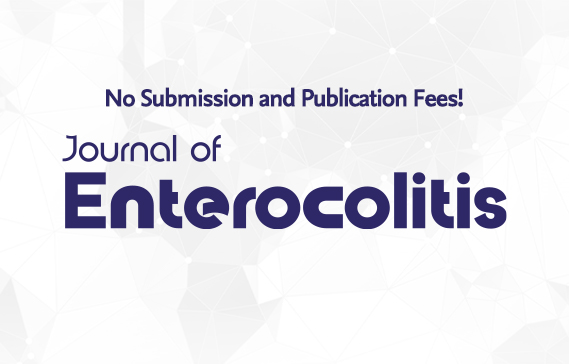
 Latif Karahan1
Latif Karahan1 






